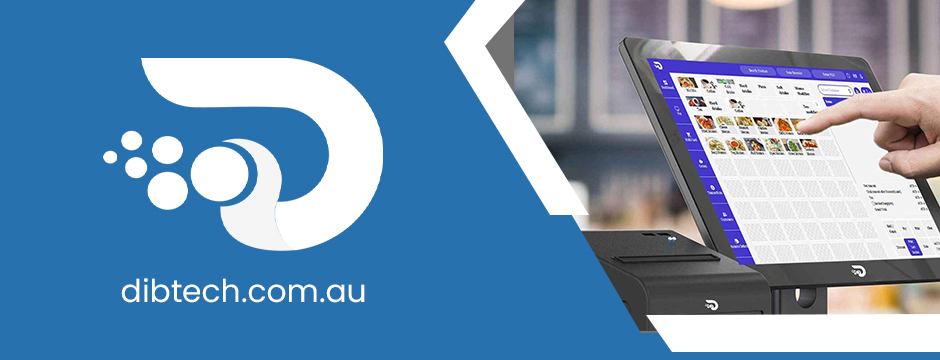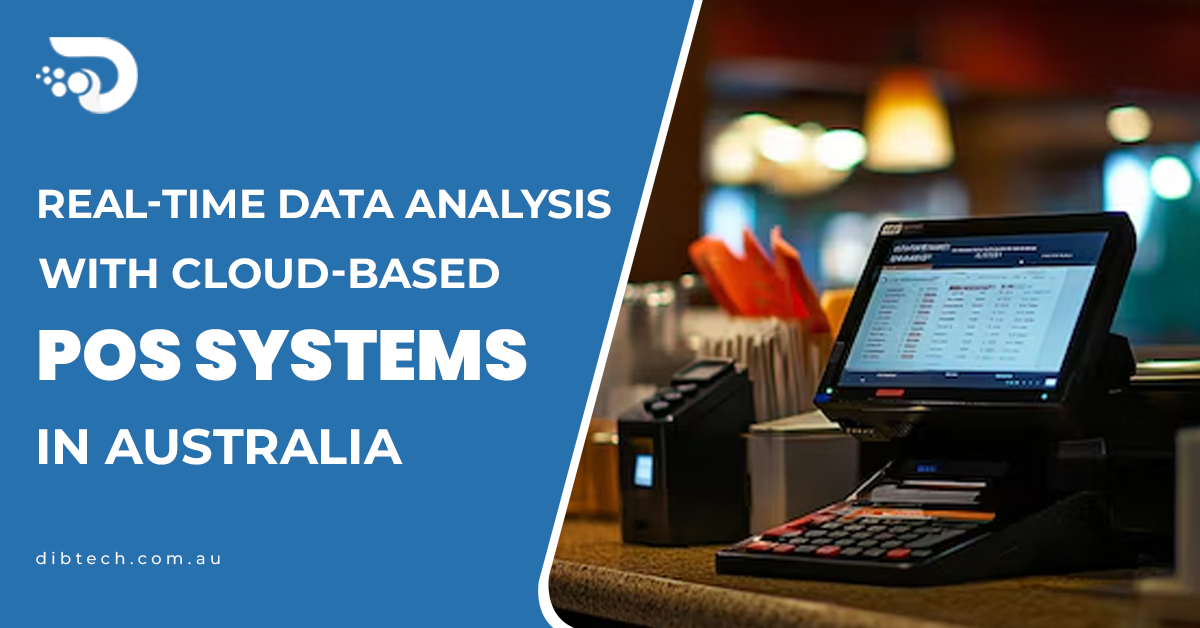Cloud-Based vs. On-Premise POS: Which is Best for Growth?

In today’s competitive business landscape, having the right Point of Sale (POS) system is crucial for driving efficiency, improving customer experience, and fostering business growth. Businesses must choose between two main types of POS systems: cloud-based and on-premise. While both have unique benefits, understanding their differences can help you decide which option aligns better with your growth goals.
What Is an On-Premise POS System?
An on-premise POS system stores data locally on servers within your business premises. These systems have been the traditional choice for many businesses, particularly those in retail and hospitality. They typically involve a significant upfront investment in hardware, software, and installation. However, since the data is stored locally, businesses have complete control over their information.
What Is a Cloud-Based POS System?
A cloud-based POS system, also known as a SaaS (Software as a Service) solution, operates on a cloud server. This means that data is stored online and accessible from anywhere with an internet connection. Cloud-based systems typically involve a subscription model, making them more affordable upfront. They have become increasingly popular in recent years due to their flexibility and ease of use.
Comparing Cloud-Based and On-Premise POS Systems
1. Cost Considerations
On-Premise POS: On-premise systems require a large initial investment in hardware, software, and setup. Additionally, ongoing maintenance, upgrades, and IT support can be costly. While these systems may seem like a one-time expense, hidden costs can accumulate over time.
Cloud-Based POS: Cloud-based systems are more budget-friendly initially, as they typically operate on a subscription basis. These costs include regular updates and support, which are often included in the subscription fee. This model allows businesses to spread costs over time, making it an attractive choice for startups and small businesses.
2. Accessibility and Flexibility
On-Premise POS: With on-premise systems, data access is limited to the physical location of the server. This can make remote management challenging, especially for businesses with multiple locations.
Cloud-Based POS: Cloud-based systems shine in terms of accessibility. Business owners can monitor sales, inventory, and other data from anywhere in real time. This flexibility is particularly beneficial for multi-location businesses or owners who frequently travel.
3. Scalability
On-Premise POS: Scaling an on-premise system can be challenging. Adding new locations or terminals often requires purchasing additional hardware and software, which can be time-consuming and expensive.
Cloud-Based POS: Cloud-based systems are designed to scale seamlessly. Businesses can add new locations or users with minimal effort. This scalability makes them an excellent choice for growing businesses.
4. Data Security
On-Premise POS: With data stored locally, on-premise systems offer a sense of control over security. However, this also means the business is responsible for implementing robust security measures, which can be costly and complex.
Cloud-Based POS: Cloud-based systems typically come with built-in security features such as encryption and automatic backups. While some businesses may have concerns about storing data online, reputable providers adhere to strict security standards to ensure data protection.
5. Maintenance and Updates
On-Premise POS: Maintenance and updates are the responsibility of the business. This requires dedicated IT resources, and updates may require downtime.
Cloud-Based POS: Cloud-based systems are automatically updated by the provider, ensuring the software is always up-to-date without requiring manual intervention. This reduces downtime and IT workload.
6. Customization
On-Premise POS: On-premise systems often offer more customization options since businesses have direct control over the software. This can be advantageous for companies with specific operational needs.
Cloud-Based POS: Cloud-based systems may have fewer customization options, as they are designed to be standardized for ease of use. However, many providers offer integrations with other tools to enhance functionality.
Which Option Is Best for Growth?
Choosing the right POS system depends on your business’s unique needs, goals, and growth trajectory. Here are some considerations to help guide your decision:
- Choose On-Premise POS If:
- Your business operates in a location with unreliable internet access.
- You have the budget and resources to manage and maintain hardware and software.
- You require extensive customization tailored to your operations.
- Choose Cloud-Based POS If:
- You value flexibility and want to access data from anywhere.
- Your business is growing, and you need a system that can scale effortlessly.
- You prefer a cost-effective solution with predictable monthly expenses.
- You want automatic updates and minimal IT maintenance.
Conclusion
Both cloud-based and on-premise POS systems have their merits, but the decision ultimately comes down to your business priorities. For businesses focused on growth, the scalability, flexibility, and cost-efficiency of cloud-based POS systems often make them the superior choice. However, on-premise systems may still be the right fit for those with specific needs or in areas with limited internet connectivity.
By carefully evaluating your operational requirements, budget, and long-term goals, you can select a POS system that supports your business’s success and growth in the years to come.
Visit our site at www.dibtech.com.au
Visit our YouTube channel for tutorials Dibtech






